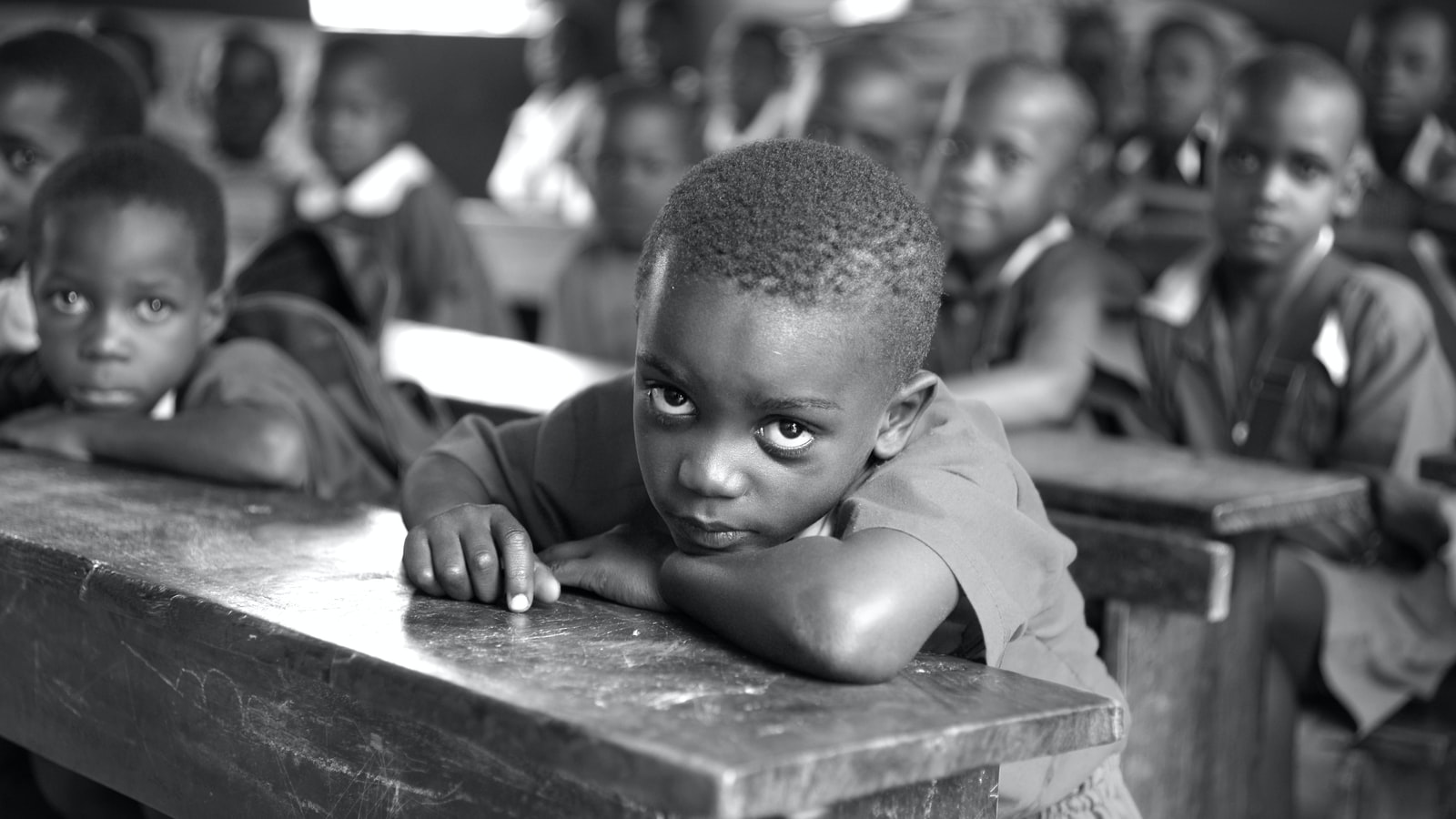Uganda has called for a sustainable funding to the African Union peace support operations wherever they are on the continent.
“Peace, security and stability is the overarching framework for inclusive and sustainable development and socio- economic transformation of Africa. However, without a sustainable and predictable way of funding the African Union peace support operations, it is likely, we may not be able to preserve the gains made thus far,” Uganda’s Foreign Affairs Minister, Gen Jeje Odongo told the Tokyo International Conference on African Development (TICAD) on Saturday in the Tunisian capital, Tunis.
Uganda has for the past 15 years been part of the African Union Mission in Somalia(AMISOM) that ensured Somalia was liberated from Al Shabaab Islamic insurgents.
Created in 2007, AMISOM was meant to support the government in Mogadishu and key installations from Al Shabaab attacks.
The same year, Uganda became the first country to send troops to Somalia and this opened way for other countries to also deploy in the mission which was at one time dubbed “dead on arrival” until UPDF’s arrival.
Other countries including Djibouti, Burundi, Kenya and Ethiopia later deployed troops.
AMISOM later metamorphosed into the African Union Transition Mission in Somalia(ATMIS) that is mandated with stabilising Somalia but also aim at transferring the full responsibilities of national security to the Federal Government of Somalia.
Speaking during the TICAD meeting in Tunisia on Saturday, the Ugandan Foreign Affairs Minister said the gains so far made in Somalia and other areas of the continent by the African Union forces ought to be protected.
“Terrorism, if not contained, has a tendency of achieving a universal character with un-intended consequences. The UN Security Council (UNSC) has the primary responsibility for the maintenance of international peace and security. We therefore support the call, for financing the African Union Peace Support Operations through the use of UN assessed contributions,” Gen Jeje said.
He noted that as TICAD marks its 30th anniversary next year, Uganda it will continue providing the opportunity to strengthen the continent’s cooperation and enhance its capacity to deal with several challenges.
“In Uganda, a number of tangible projects, under the TICAD Framework, have been delivered, and others are ongoing implementation. This has significantly contributed to Uganda’s transformation. These include in the areas of energy, health, and infrastructure development etc.”
He noted that Covid had a negative effect on African and that the continent’s financing needs are estimated between $285bn-400bn between now and 2025, yet the continent was only allocated $ 33bn by the International Monetary Fund in Special Drawing Rights (SDRs).
Sign up for free AllAfrica Newsletters
Get the latest in African news delivered straight to your inbox
“We urge our partners to reallocate part of their own SDRs to Africa. This will be vital in bridging our financing needs. The reallocation should be in form of grants, and or, concessional long-term financing and it should consider a country’s specific needs.”
“The lack of equal access to the COVID-19 vaccines was a good lesson for Africa which has now realized the need to build local capacity to develop and manufacture vaccines including fast tracking research and development of therapeutics and diagnostics. What we also seek from our partners is for pathogens to support our endeavors. We support the call to increase African vaccine manufacturing from the current 1% to at least 60 % by 2040.”
Gen Jeje Odongo reiterated Uganda’s appreciation for the continued partnership and stronger cooperation under the TICAD framework.
“We re-affirm our commitment to jointly advance the implementation of the TICAD-8 Tunis Declaration.”
TICAD
The Tokyo International Conference on African Development (TICAD) is a summit meeting where the Japanese Prime Minister invites all leaders from African countries.
Founded by the Japan Government in 1993, TICAD has promoted policy dialogue between African leaders and development partners on the pressing issues facing Africa, such as economic development, poverty and conflict.
TICAD is a pioneer in development forum focused on African development.

